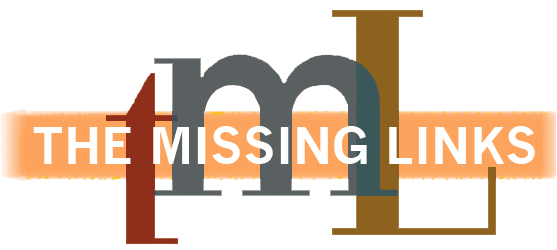A page discussing how we go about our work, with links to various aspects of the Orton-Gillingham Approach and O-G in general. Also, links to blogs and other materials, and support materials for parents.
Material About Dyslexia
Some Signs of Dyslexia
Dyslexia is not a single ‘condition’; it is simply difficulty in reading. It has many causes, and so ‘one size fits all’ programs will only work for a small percentage of dyslexics. A flexible approach is critical to helping people overcome their dyslexia. See this page for some of the signs of dyslexia.
Myths About Dyslexia (5 Debunked)
There are a multitude of myths surrounding dyslexia. In this article, by Dr. Louisa Moats and published in the International Dyslexia Association’s Examiner (a monthly e-letter), five myths about dyslexia are debunked.
What is Dyslexia?
A discussion about various aspects of dyslexia, such as what it is, its causes, how widespread it is, its effects, how it is diagnosed and treated, whether it can be cured, and what rights a person with dyslexia has.
What is the Orton-Gillingham Approach?
The Orton-Gillingham Approach is a language-based multi-sensory, structured, sequential cumulative, cognitive and flexible approach to teaching reading and writing, especially to people with dyslexia. To read more about it, click here.
How Do You Become an Orton-Gillingham Tutor?
An overview of what is required to become an O-G tutor. The requirements are rigorous and are assessed by Orton-Gillingham Fellows. There is currently no suitable coursework available in Alaska.
The IDA Dyslexia Handbook: What Every Family Should Know
This is the link to download the International Dyslexia Association’s handbook on dyslexia for families (36 pages). This will provide a lot of useful information on dyslexia. It is a PDF that you can download. It includes a recommended reading list for parents, as well as many ideas to help your child through school and college.
Books
A Guide to Helping Your Child At Home: Developing Foundational Skills in Reading and Writing
Diana Hanbury King is one of the Founding Fellows of the Orton-Gillingham Academy, and this is her first book for parents (rather than teachers). She writes: “What drove me to write this guide for parents is recent encounters with middle and high school students with elementary skills—some even at a first or second grade level. Often the school had been reassuring, claiming that the student was bright, had about sixth-grade skills (survival level in most high schools), and would soon catch up. In essence, they were told there was no cause for alarm. Obviously, the parents were taken aback when I showed the results of my evaluation. Most reading and writing failure can be prevented by early intervention, even beginning before the child enters first grade. For the 20% of children who have dyslexia or other language-based difficulties, the foundational skills I’ve shared in this text are vital, while the child who shows no signs of dyslexia will soar with knowledge of these skills.”
The book is available here for $25, but note that shipping and handling to Alaska is another $40+.
Overcoming Dyslexia: A New and Complete Science-Based Program for Reading Problems at any Level
In this now-classic 2005 book, Dr Sally Shaywitz discusses the neurological basis of dyslexia, lays out a phonics-based approach to learning to read, and discusses what parents can do to help their child learn to read. To find the book on amazon, click here., where it is available in hardcover, paperback and Kindle versions. It is also available at Barnes and Noble, here, where it is also available as a Nook ebook.

